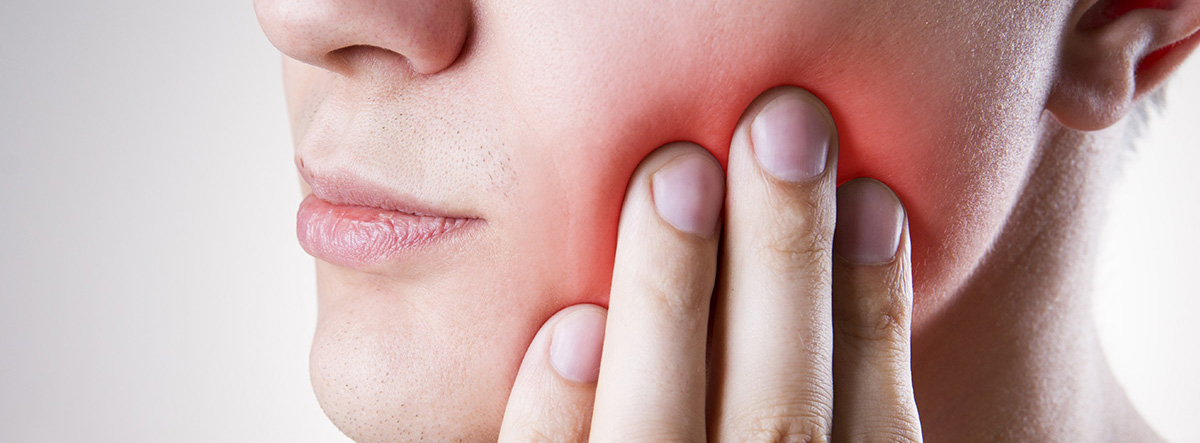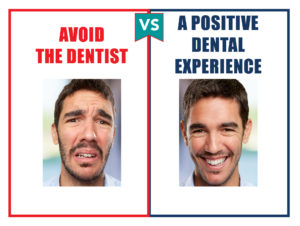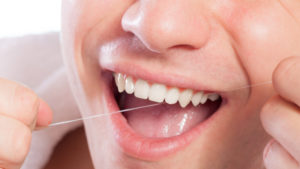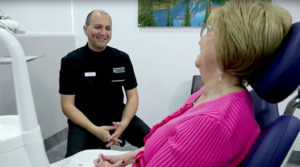Not everyone has wisdom teeth; many people have less than 4. The number of Wisdom Teeth you have may depend on your ethnicity and just random genetic chance.
Problems can arise during wisdom tooth development, due to your jaw size and/or the angle of the tooth, causing impacted wisdom teeth. It can also cause soft tissue irritation, especially if the area is difficult to clean.
Here are a few frequently asked questions we hear about Wisdom Teeth:
What problems can Wisdom Teeth cause?
Inflammation and Infection

Inflammation and infection often starts around the top of the tooth. This is sometimes made worse by food trapping between the last two teeth or around soft tissue.
Crowding

Growth and eruption of wisdom teeth can cause nearby teeth to be pushed out of their correct position.
Cyst

A sac of fluid can build up around the tooth destroying bone and damaging nearby teeth.
DAmage to nearby molar

Pressure against the adjacent molars’ roots can cause decay and an abscess, resulting in serious damage to both teeth over time.
What symptoms can Wisdom Teeth cause?
The soft tissue over the wisdom tooth area can become red and swollen when your wisdom teeth are moving and trying to erupt.

When Wisdom Teeth are impacted there can be additional symptoms:
· Jaw stiffness an/or swelling around the jaw.
· Tender or bleeding gums.
· Cheek irritation when tooth erupt sideways and rub on soft tissue.
· Bad breath.
· An unpleasant taste in your mouth.
· Difficulty opening your mouth.
Often there are no apparent symptoms being caused by wisdom teeth even though problems are occurring under the gum.
Even if you can’t see your wisdom teeth, they shouldn’t be ignored. Impacted wisdom teeth can be sitting invisibly under the gum, and over time can cause problems with healthy adjacent teeth and even jaw problems or invisible abscesses. Periodic radiographs at routine dental visits are the best way to assess the development and potential for future problems.
Assessing your Wisdom Teeth

An OPG radiograph.
The best way to assess a wisdom tooth’s position and development is using OPG radiographs (sometimes called a full-jaw x-ray). Depending on the position of your teeth position and your preferences, you may be referred to an oral surgeon for a general anaesthetic, however, most wisdom teeth are removed by a dentist under local anaesthetic, if they are currently causing symptoms or if they are likely to in the future.
When wisdom teeth need to be removed…
If a dentist or oral surgeon suggest that your wisdom teeth need to be removed, extraction of wisdom teeth is usually best done at a younger age if possible. Removing the teeth before the roots have fully developed and while the surrounding bone is still less young and dense is usually advisable. Wisdom teeth removal in older people usually means a more intense recovery and longer healing time.
Sometimes, they can develop into functional molar teeth and cause few difficulties.
In many people however, they can cause problems, pain and infection. This is why wisdom teeth removal has become a common procedure.
If you are between 16 and 24 years old and haven’t had your Wisdom Teeth assessed recently, it is time to make an appointment. Early assessment and intervention can avoid painful and costly problems later.







